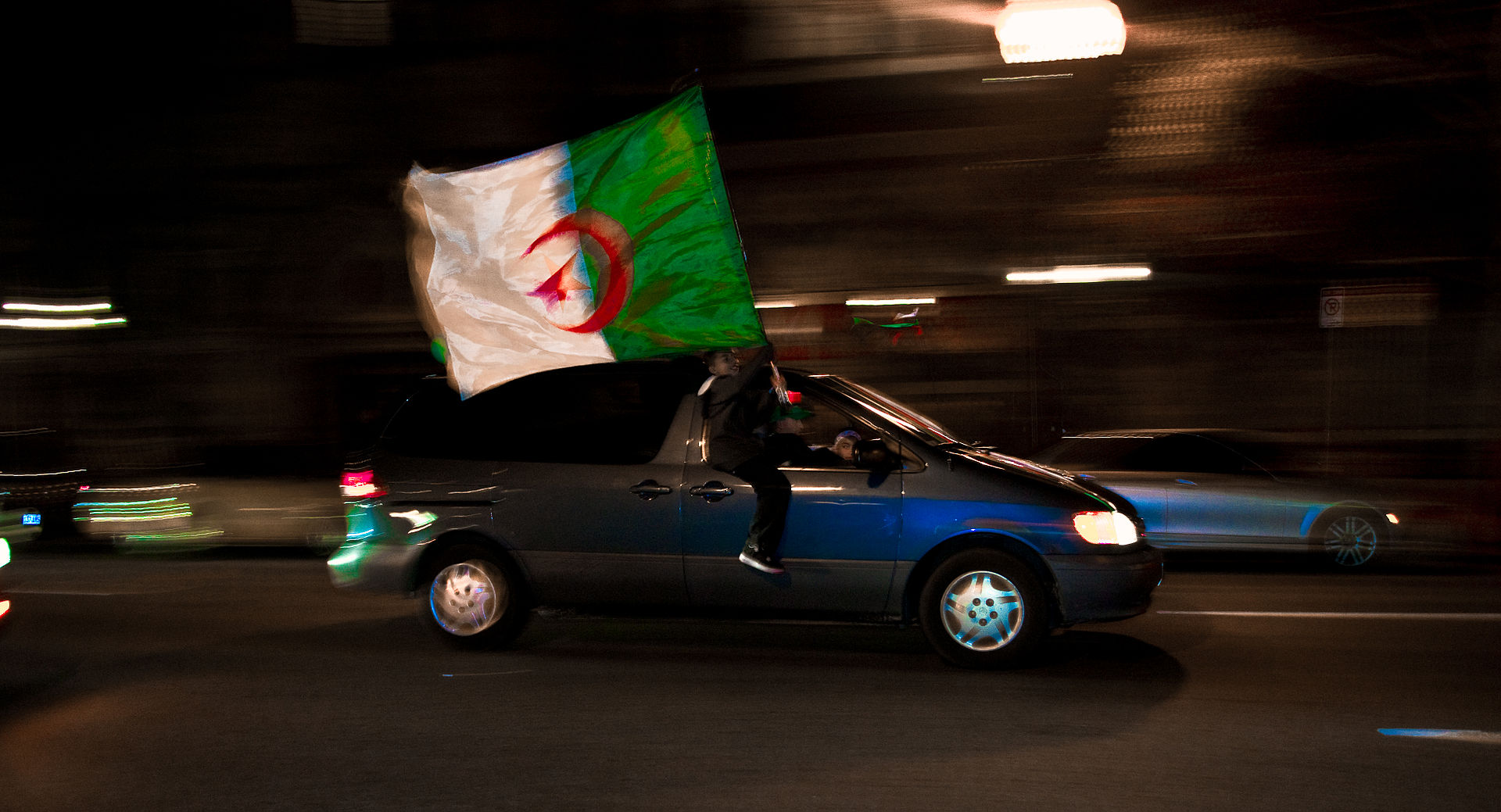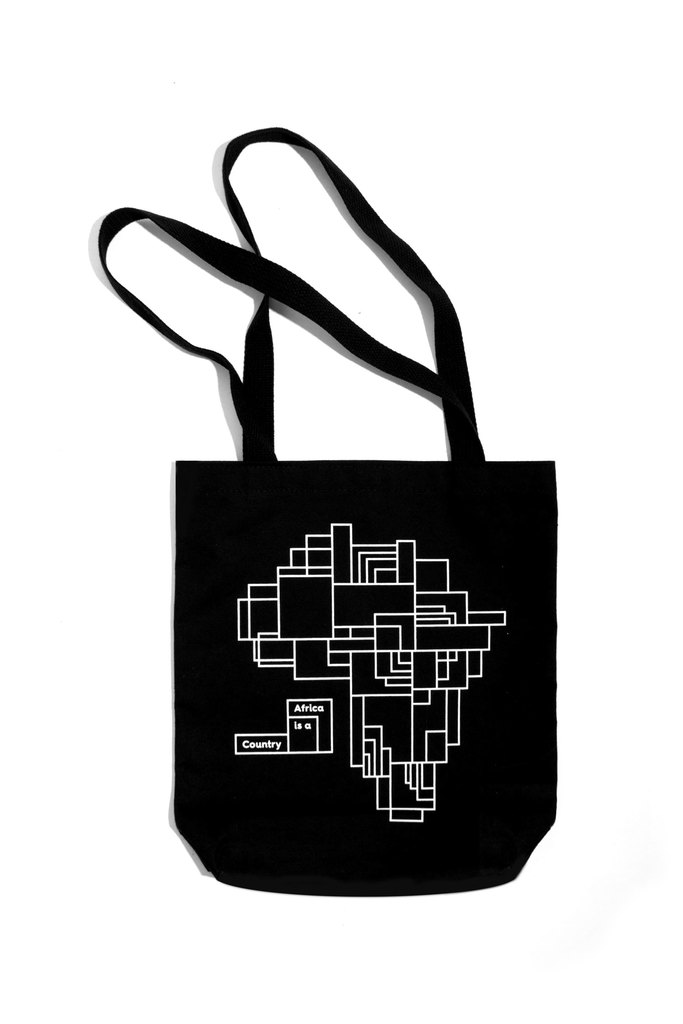Once a symbol of anti-imperial unity, BRICS now risks becoming the very thing Bandung opposed: a club of powerful states reproducing global inequality in a new key.
Latest

Matchday 2: The Battle of Omdurman
A new season of the African Five-a-side podcast asks, “what is the greatest match in the history of men’s African football?”

Kagame’s hidden war
Rwanda’s military deployments in Mozambique and its shadowy ties to M23 rebels in eastern Congo are not isolated interventions, rather part of a broader geopolitical strategy to expand its regional influence.

Against climate resilience
Development agendas framed around “resilience” promise empowerment but often reproduce colonial power dynamics in the guise of climate adaptation.

After the coups
Without institutional foundations or credible partners, the Alliance of Sahel States risks becoming the latest failed experiment in regional integration.

The quiet violence of peace deals
Trump’s Congo-Rwanda deal is hailed as diplomatic triumph. But behind the photo ops lies a familiar exchange: African resources for Western power.
TV

The CAF Champions League final and the politics of North-African football ultras.
Culture

Whose game is remembered?
The Women’s Africa Cup of Nations opens in Morocco amid growing calls to preserve the stories, players, and legacy of the women who built the game—before they’re lost to erasure and algorithm alike.

The sound of black identity
A landmark documentary uncovers the radical soul scene that electrified 1970s Rio, inspired Black consciousness, and terrified Brazil’s military dictatorship.

Struggle and archive
The formerly exiled ANC activist and later judge Albie Sachs is archiving his life, including a new film that forms part of a larger project of legacy-making.

A barren sowing
Donato Ndongo’s latest collection of short stories portrays African exile and diaspora in Spain and France.

Critical mass
Cycling as community in Dar es Salaam.
Revolutionary Papers
A year long series on the archival remnants of African and black diaspora anti-colonial movement materials to retrieve a politics and pedagogy that challenge the contemporary cooptation of radical histories. Guest editors: Mahvish Ahmad, Koni Benson, and Hana Morgenstern from the Revolutionary Papers project (revolutionarypapers.org)
Nigeria's archives of revolutionary printmaking offers us insights into the dissident voices of the country's old left, which are surprisingly relevant today.
Christian theology was appropriated to play an integral role in the justifying apartheid’s racist ideology. Black theologians resisted through a theology of the oppressed.
Politics

In death, we part
What happens when a former president suddenly dies? The curious case of Edgar Lungu.

Sovereignty or supremacy?
As far-right politics gain traction across the globe, some South Africans are embracing Trumpism not out of policy conviction but out of a deeper, more troubling identification.

Afrophobic metamorphosis
Afrophobia in South Africa is no longer shouted—it is rationalized, rebranded, and wrapped in the language of law and patriotism.

The world isn’t broken, it was built this way
From Congo to Gaza, the machinery of empire hides behind the language of aid and development.

When the crowds go home
The first print edition of Africa Is a Country asks: Fifteen years after the mass protest decade began, what happens when the crisis endures?
Donald Trump

The quiet violence of peace deals
Trump’s Congo-Rwanda deal is hailed as diplomatic triumph. But behind the photo ops lies a familiar exchange: African resources for Western power.

Sovereignty or supremacy?
As far-right politics gain traction across the globe, some South Africans are embracing Trumpism not out of policy conviction but out of a deeper, more troubling identification.

The end of AGOA
A postmortem on the African Growth and Opportunities Act.

Between Washington and Beijing
Amid Trump’s tariffs, Africa faces trade disruptions, corporate power, and emerging partnerships in its quest to control its economic destiny.



